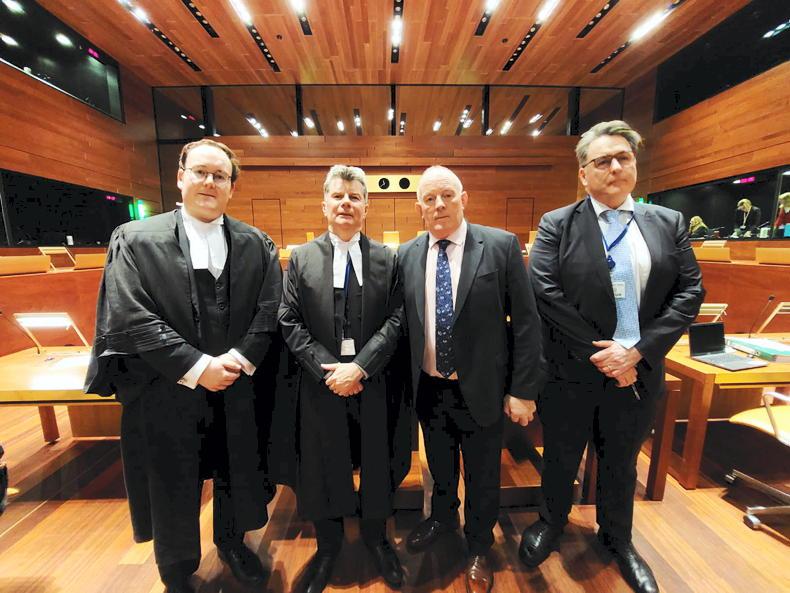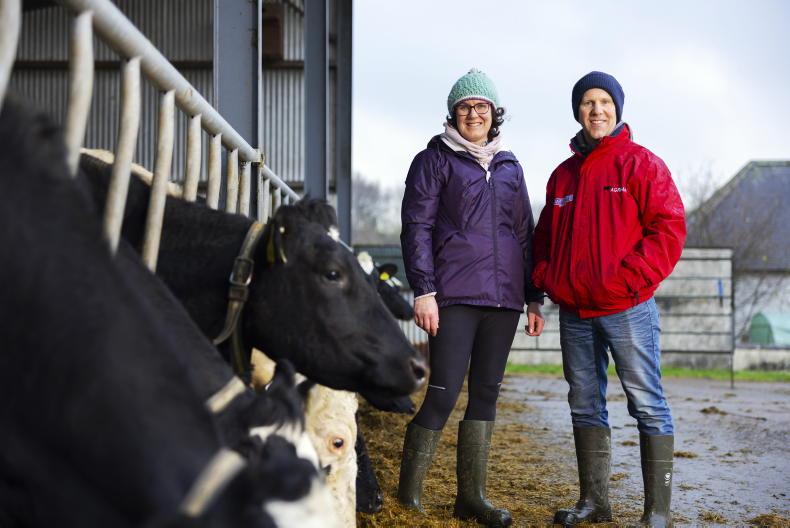Ireland’s current nitrates action programme (NAP) and good agricultural practice regulations set regulations which farmers must adhere to in the day-to-day running of their farms.
The NAP gives power to the nitrates directive and its objective of preventing pollution of surface and groundwater from agricultural sources and to protect and improve water quality.
The programme comes under the responsibility of the Minister of Housing, Local Government and Heritage and it is published in consultation with the Minister for Agriculture, Food and the Marine. The current programme was amended in 2022, with several new requirements added, and will run until the end of 2025.
This is an important year for the programme as many of the amendments will bring about changes for farmers this year. An interim review of the current NAP will also take place in 2023, before a review of the overall programme in 2024, and this is a critical process in informing the development of the next NAP.
Water quality will have a massive bearing on future regulations and will be central in Ireland looking to maintain its nitrates derogation at maximum stocking rates. Under the derogation, farmers can farm to a higher stocking rate of 250kg/ha organic nitrogen. It is looking likely that farms in many areas may be limited to a maximum stocking rate of 220kg/ha organic nitrogen from 2024.
As Aidan Brennan explains, this has the potential to change the nature of dairy farming in Ireland with no guarantee that it will have any positive influence on water quality. A new taskforce has recently been set up to ensure the long-term future of the nitrates derogation.
Siobhán Walsh highlights important changes for tillage farmers concerning stubble cultivation, while we address some changes universal to all farmers.










SHARING OPTIONS